Indian Affairs 1856: Joel Palmer’s Diary
Joel Palmer was an extremely busy man in 1856. In the midst of traveling back and forth across Oregon, he was ordering supplies, directing employees, and negotiating with…
Joel Palmer was an extremely busy man in 1856. In the midst of traveling back and forth across Oregon, he was ordering supplies, directing employees, and negotiating with…
In 1856, Joel Palmer had some 4000 Natives removed from their homelands to the Coast and Grand Ronde Indian Reservations. Up to at least April of 1856 the…
Joel Palmer’s letters during his superintendency lend themselves to a timeline for the removal of most tribes. Palmer penned orders and received reports from his Indian agents, sub…
In numerous essays on this blog I have noted that many of the tribes considered the most violent, and those who had participated in the wars in southwestern…
In March 1855 there was formed a temporary reservation for Champinefu Kalapuyans at Corvallis. This was one of over a dozen such temporary reservations, sometimes called encampments for…
Between the time of the formation of the Umpqua Reservation in the Umpqua basin (1854) and the removal of the four tribes to Grand Ronde Reservation, in late…
The tribes removed to the Grand Ronde Reservation in 1856 never realized the safety and security of a reservation they were promised in seven treaties. They were forced…
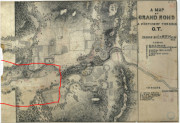
The following letters detail one side of the conversation with Joel Palmer, Superintendent of Indian Affairs in Oregon, and John Wool, commander of the Pacific Department. (I don’t…
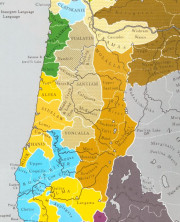
A good number of people have over the years shown some confusion about the identity of the tribal members at the Grand Ronde tribe. Many natives and non-natives…
Much has been written about the impact of pandemics on indigenous populations. Columbus and his exploratory contemporaries brought slavery and conquest to the new worlds, and that conquest…
In 1871, the BIA had just gotten some direction from President Ulysses S, Grant to go ahead and train the Indians to be civilized so that they may…
The subject of slavery in Oregon goes back to the first wave of settlers who came to the territory in 1844 and after. These first settlers combined with…

The following section of a letter to General Joel Palmer details that at least one chief Soc-te-la knew they were to remove and was working to gather his…
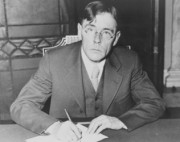
As Commissioner of Indian Affairs, John Collier was a long-term advocate for Indian tribes. In the 1920s, John Collier, a trained sociologist, led efforts in Washington, D.C. to…
Special Indian Agent J. Ross Browne famously came to the Northwest reservations in 1857 and wrote reports of the conditions of the tribes on the reservations. The following…
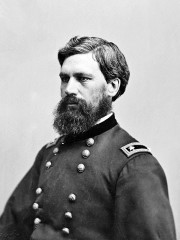
In 1874, General Oliver Otis Howard, who had served in the Civil War was the Commander of the Department Columbia took command of any Indian conflicts in the…
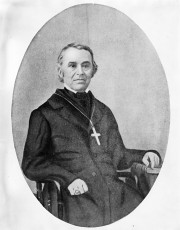
The Catholic Indian education program was initially supported by a policy decision by the U.S. Department of War in 1819. Then the USDOW was in charge of Indian…
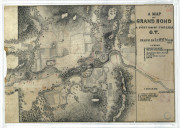
Previous essays have addressed the poor treatment of the tribes on the Grand Ronde Indian Reservation into the late 1860s. In 1869 during his inauguration speech, newly elected…
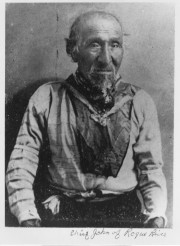
Chief John, Tecumtum, was the leader of the Rogue River Confederacy for over a year in southwestern Oregon. The Confederacy formed when tribal bands on the Table Rock…
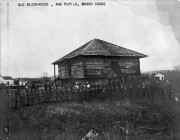
There are a few reports that open the windows wide to a vision of the reservation, its changes, its struggles, and its peoples. In the 1863 Grand Ronde…
On about December 8th 1882, Tom Gilbert, a native man enrolled in the Grand Ronde tribe allegedly murdered Wapato Dave and his wife on their allotment on the…
Into the last decades of the 19th century the Indian agents at Grand Ronde struggled with many aspects of assimilating the tribes to American culture. In fact,…
Some letters from the Natives at Grand Ronde are remarkable in the details they reveal of how the people are being treated by the Indian Agents. Shilequa’s…
The natives at the Grand Ronde Indian Reservation underwent extreme hardships. Most of the early years they starved from lack of good effective administration by the federal employees…